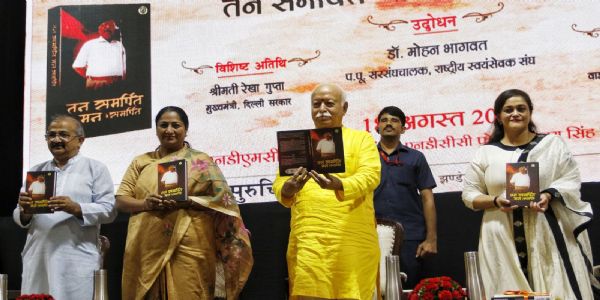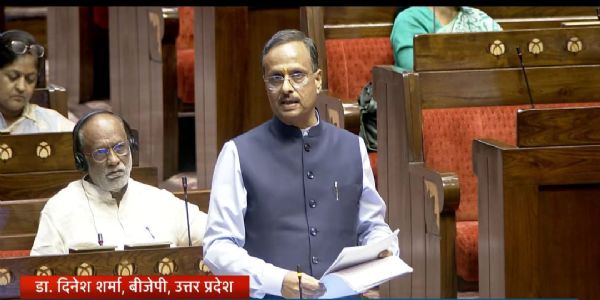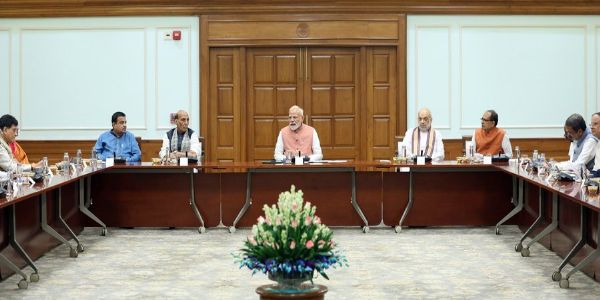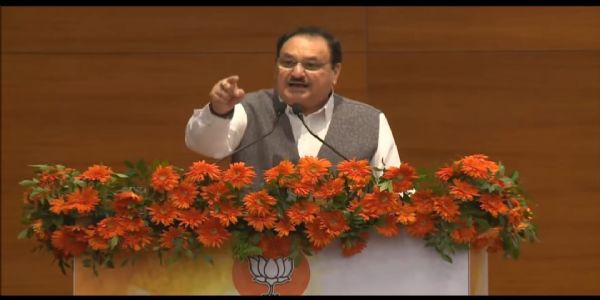
New Delhi, August 18 (HS): BJP president and Union Minister JP Nadda on Monday launched a sharp offensive against the Congress, calling the 1960 Indus Waters Treaty signed by then Prime Minister Jawaharlal Nehru “one of his greatest blunders.”
In an X post, Nadda said that by signing the treaty with Pakistan, Nehru sacrificed India’s long-term national interests at the altar of his “personal idealism and ambition.”
The BJP chief noted that when Nehru inked the pact in September 1960, India handed over nearly 80 percent of the Indus basin waters to Pakistan, a move he described as a permanent threat to India’s water security. What made this decision even more alarming, Nadda said, was the fact that Nehru had signed the treaty without consulting Parliament. It was placed before the House only two months later, and even then for a mere two-hour token discussion.
“Nehru ignored Parliament, jeopardized India’s lifelines, and tied the nation’s hands for generations,” Nadda said.
Contrasting past and present, Nadda praised Prime Minister Modi’s decision to put the treaty on hold, hailing it as the correction of a “grave historical mistake” by the Congress. “If not for PM Modi’s courageous leadership and his unwavering ‘Nation First’ commitment, India would still be paying the price of one man’s flawed idealism,” he asserted.
Nadda recalled how Nehru, when confronted with outrage in Parliament—including from his own party—trivialized national concerns by dismissively asking, “Partition of what? One bucket of water?” He also admitted that he ignored Parliament’s approval in making the agreement, even mocking MPs who raised genuine concerns as having a “narrow vision.”
The BJP president also cited former Prime Minister Atal Bihari Vajpayee’s scathing criticism of the pact. Vajpayee had warned that Nehru’s belief—that bowing to Pakistan’s unreasonable demands would foster goodwill—was “deeply flawed.” Real friendship, Vajpayee argued, cannot be built upon injustice. “If opposing unfair demands damages relations, so be it,” Vajpayee had said, embodying a clarity that put national interest above all else.
---------------
Hindusthan Samachar / Jun Sarkar








